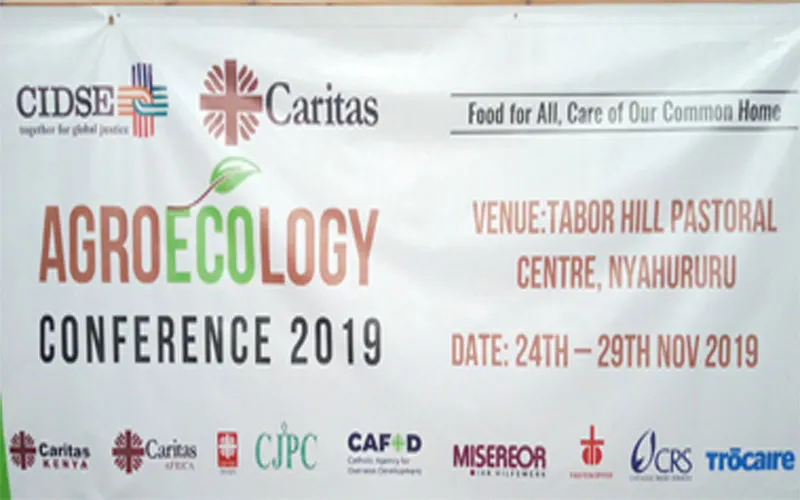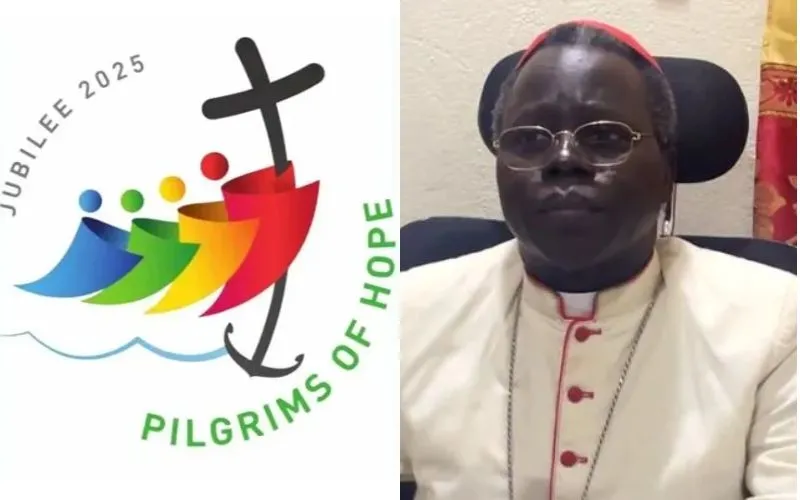Nyahururu, 26 November, 2019 / 3:37 am (ACI Africa).
Months after the global community was invited to work toward realizing the United Nations (UN) Decade of Family Farming 2019-2028 launched in May 2019 and offering, among other goals, an opportunity to eradicate hunger, a multi-agency conference has been convened in Kenya’s Nyahururu town with participants taking food security as one of the key focus areas.
Organized by the umbrella organization for Catholic development agencies from Europe and North America (CIDSE) and Caritas Africa within the framework of agroecology under the theme “Food for All, Care for Our Common Home,” the four-day conference comes months after various UN agencies issued a joint call for action to alleviate an impending humanitarian crisis due to food insecurity in Ethiopia, Kenya, Somalia and Uganda.
In his keynote speech after presiding over the official opening of the conference Monday, November 25, Bishop Joseph Mbatia of Kenya’s Nyahururu diocese decried food insecurity experienced in Kenya since 2008 and called for a “holistic approach to attain food security, food safety and environmental protection.”
“This conference on agroecology is timely as it gives us an opportunity to reflect on how we can promote an agricultural practice that prioritizes the needs of farmers and minimizes the negative effects of our actions on resources and the environment,” the Kenyan Bishop said.
“With the recurrence of climate change, we have lots of drought and floods unlike previously and we thought agroecology would be the solution,” Kenya Coordinator for Swiss Catholic Lenten Fund, Fastenopfer, Stellamaris Muelar told ACI Africa in an interview on the sidelines of the conference Monday, November 25.








